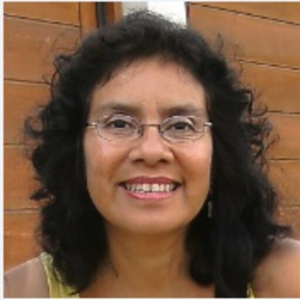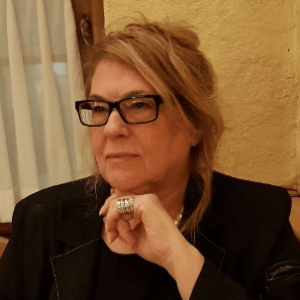Paediatric skeletal disorders encompass a diverse array of medical conditions affecting the skeletal system during childhood, presenting unique challenges in diagnosis, treatment, and long-term management. These disorders, which can manifest as congenital anomalies or develop later in childhood, often have profound implications for the affected individuals and their families. Ranging from genetic abnormalities such as osteogenesis imperfecta to developmental conditions like scoliosis, these disorders impact the bones, joints, and connective tissues, potentially affecting growth, mobility, and overall quality of life. Osteochondrodysplasias, a group of rare genetic disorders characterized by abnormal bone and cartilage development, add another layer of complexity to the landscape of Paediatric skeletal pathology. Muscular dystrophies, although primarily affecting muscle tissue, can also lead to skeletal deformities. The clinical presentation varies widely, encompassing conditions that result in limb length discrepancies, joint contractures, or abnormalities in bone density. Advances in medical imaging, genetic testing, and molecular diagnostics have significantly improved our understanding of these disorders, enabling more precise diagnoses and targeted therapeutic interventions. However, the management of Paediatric skeletal disorders remains multidisciplinary, often involving orthopedic surgeons, geneticists, physical therapists, and other specialists working collaboratively to tailor treatment plans to individual needs. Early intervention is crucial, as many of these conditions can be progressive and impact the growing child's musculoskeletal system. Surgical interventions, bracing, and physical therapy are common components of the treatment arsenal, with the goal of mitigating symptoms, promoting mobility, and optimizing overall function. Long-term follow-up is essential to monitor skeletal development, address complications, and adapt treatment strategies as the child matures. The psychological and social aspects of living with a Paediatric skeletal disorder are integral considerations, highlighting the importance of comprehensive, patient-centered care. While challenges persist, ongoing research and medical advancements continue to enhance our ability to diagnose, manage, and improve outcomes for children affected by skeletal disorders, offering hope for a brighter and more mobile future.









